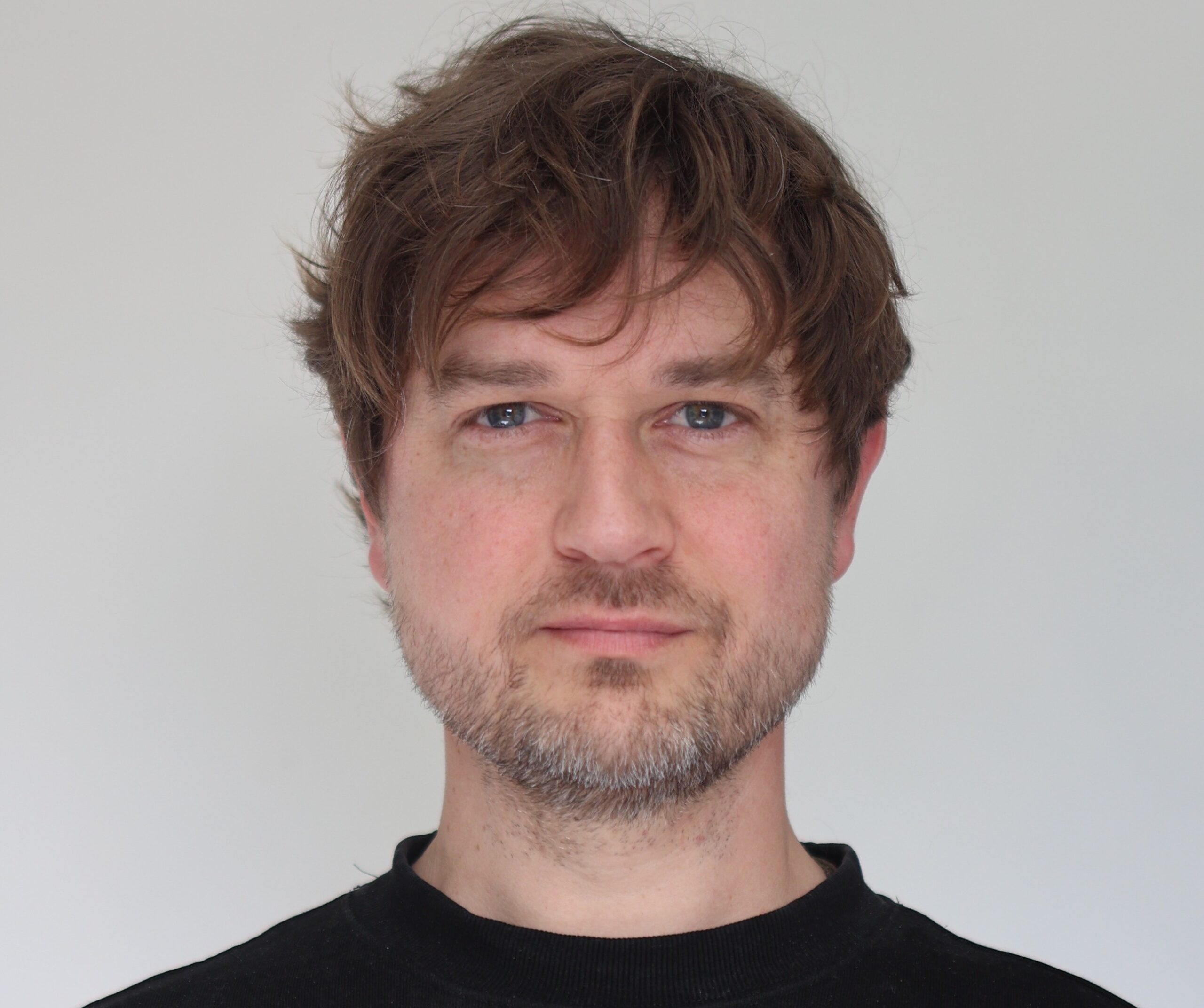CKC 2023: New Futures for Creative Economies
Day 2
The Chthulucene Film School: tackling extractivist inheritances in documentary filmmaking pedagogy
Abstract
The neo-liberal conception of both nonfiction filmmaking and HE under which UK nonfiction filmmaking education expanded render it particularly ill-placed to innovate and enact the substantive changes that climate and ecological justice demand.
Documentary filmmaking has historically required access to expensive equipment and facilities, demanded high budgets in its (questionable) desire for far-flung spectacle, and operated within an industry which expects producers to work in precarious conditions – usually self-funding until a substantial way into production, at which point, with luck, funders might finally come on board, more comfortable they will get a return on their investment. Consequently, UK film producers, however well-meaning, predominantly come from privilege, all-too-often uncritically “extract” story in a manner arguably colonial, and display a profound individualism and corresponding exultation of authorship, understandably inculcated by their experiences in an industry which renders them at once precarious and “self-made”.
UK nonfiction filmmaking HE is largely run by the same filmmakers, often employed precariously on casualised contracts. Compounded by a predominantly privileged student body, and a transactional presentation of courses providing (ever-less-likely) access to industry work, this reproduces extractive practices.
Sustainability initiatives imply sound fundamentals; that managerial and technical adaptations are sufficient; that green growth is possible. I argue the assumptions of filmmaking and its education need challenging: doxas of authorship, intellectual property, financing, employment and other rights. We should not simply fly less, use LED lights on set and drive electric vehicles, but heed the call for “just filmmaking,” where ecological and socially just practices are embedded throughout education, and in so doing reimagine nonfiction filmmaking beyond the academy.
Biography
James Staunton-Price is a filmmaker, lecturer, and researcher in anti-extractive nonfiction filmmaking pedagogy in higher education. His AHRC-funded PhD with SWWDTP is situated between Aberystwyth and UWE, co-supervised by Kim Knowles and Steve Presence. James analyses HE initiatives which respond to the material and social implications of climate and ecological trouble, the contexts in which those initiatives operate, and the implications of theory for methods of nonfiction filmmaking and pedagogy. The research is practice-based, where the practice is delivering filmmaking pedagogy which aims toward a (still distant) regenerative or steady-state filmmaking. James’s interests include documentary film, the film and television industries, political ecology, degrowth, new materialism and pedagogy for social change.
James is an experienced lecturer in nonfiction filmmaking (University of Brighton 2009-10; MET Film School 2011-15; UCL Anthropology 2015-20) and an HEA fellow. James’s research and lecturing is grounded in his experience as an artist and filmmaker. He has a BA in Fine Art (Newcastle 1999) and an MA in Documentary Direction from the National Film and Television School (NFTS, 2006). He was a member of live cinema artists the Light Surgeons and directed films for broadcast (including Channel 4 and BBC) festival (inc. Sheffield, Leipzig, Hotdocs) and exhibition contexts (inc. Wellcome Trust, Hayward Gallery, Tate).



